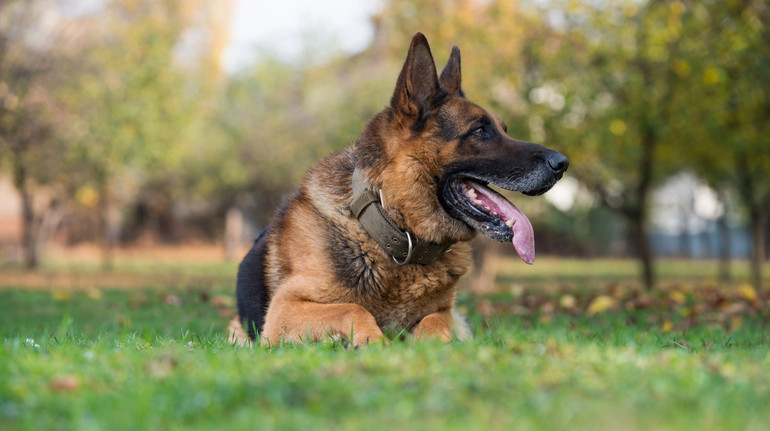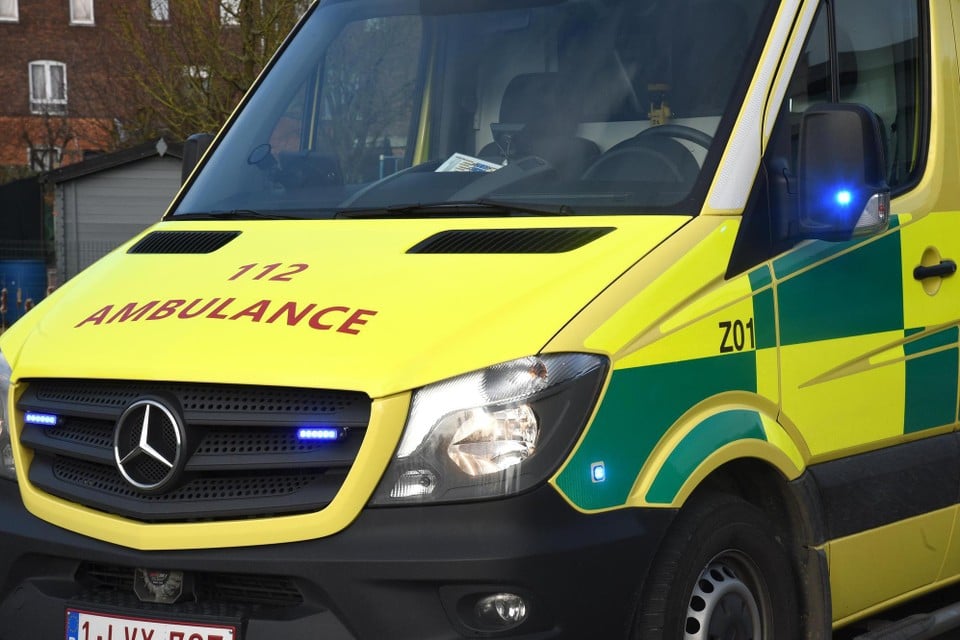Kissing a newborn: health risks and advice to protect it

Kissing a newborn may seem harmless, but exposes little to dangerous infections such as herpes, sepsis and meningitis. Find out how to avoid them and what are the recommended precautions in the first months of life
A kiss: the sweetest and most spontaneous demonstration of affection can hide Health risks of the little ones. As demonstrated by the results of the survey conducted by the British beneficial body The Lullaby Trust54 percent of the subjects interviewed (neogens and pairs pending) say that it allows (or would allow) to friends and relatives to kiss the newborn, unaware of the dangers to which the infant could be exposed. In an in -depth analysis published on The Conversationthe Primrosa freestone clinical microbiologist explains why babies are like that vulnerable to infections and suggests simple but effective prevention measures To protect them.
An immune system still immature
In the first three months of life, the immune system of newborns is still being developed. Freestone clarifies that, in this critical period, children have a quantity of specialized white blood cells, such as neutrophils and monocytes, essential to combat bacterial and viral infections. This immune immune It makes the lactants particularly exposed to infections that in adults cause slight symptoms but for them they can be fatal. A significant example is represented by Herpesvirus. In adults, it commonly causes Labial Herpesbut in infants can turn into asevere systemic infectioncapable of hitting vital organs. This risk is particularly high in the first four weeks of life, when the immune defenses are weaker. Also bacteria such as streptococcus and some forms of Escherichia colioften harmless to adults, can cause infections such as infants such as sepsis, meningitis And pneumoniawith potentially lethal consequences.
Prevention measures
The greatest demonstration of affection towards the newborn must be to not expose it to unnecessary risks. Primrose Freestone suggests a series of simple and essential precautions to contain the danger of infections.
First of all, it is fundamental wash your hands thoroughly Before getting in touch with the child and avoiding absolutely kisses in the face and mouth, but prefer hands and neck. It is recommended to make anyone wearing a mask interact with the newborn, because, as we have seen, it can be a vehicle for infections even those who do not present evident symptoms.
Promote awareness
Parents – concludes Dr. Freestone – must not feel guilty or discomfort in asking relatives and friends to respect these rules. Protecting the newborn must be the priority. Those who really want the good of the child should not feel offended by these precautions, but to accept them as a act of responsibility and love. Kissing a newborn is a tender and natural gesture, but it can involve risks for its health. Knowing the dangers and adopting preventive measures can make a difference.








